Branding in times of crisis and the most common mistakes
Nothing is as important to a company's survival as the strength of its brand. Annual reports show how companies have performed in the past, but a brand shows the potential to continue doing business in the future. As John Hegarty once said, "Stop building businesses, start building brands!" When push comes to shove, companies too often forget [...]

Nothing is as important to a company's survival as the strength of its brand. Annual reports show how companies have performed in the past, but a brand shows the potential to continue doing business in the future. As John Hegarty once said, "Stop building businesses, start building brands!" When the going gets tough, too often companies forget about their own brand. This is usually not done consciously, yet there are mistakes that are made time and time again in the process.
Mistake 1: Have no fire at all
The biggest mistake companies can make is not to establish their own brand at all or to leave the entire responsibility for it to a marketing department. If a company's own brand takes a back seat, this is a structural problem, because branding is not just a marketing strategy, it is part of the business strategy.
Brands are only as strong as their weakest point of contact, which means that the brand must be cultivated as well as lived throughout the entire company. And anyone who wants to develop an appropriate strategy should recall Ducker's words: "Culture eats strategy for breakfast."
If you have a strong corporate culture, your brand will be nourished by it. If you take care of your employees, you also take care of your corporate culture. Without a good corporate culture, you don't have a brand.
Mistake 2: Draw level with others
Either a company has to grow or stand out so that market share is not lost. That's why you're constantly looking left and right. What are your competitors doing? They are trying to do it right. They are trying to match your competitors. Probably this will work well. But you're actually destroying your own brand, because you're going to look just like them. As Malvina Reynolds said, "And they are all made out of ticky tacky, and they all look just the same."
Decide: How do you want to do business? Take a stand and lead by example. How can your own brand be special if you're constantly wondering what your competitors are doing?
Mistake 3: Using data for goals instead of telling stories
Brands are multi-layered and complex. They are made up of all kinds of impressions, messages, and experiences that customers associate with your company and that become embedded in their memories. Strong brands are stable. Weak brands are blown away by the wind. Strong brands give people a place to rely on and feel safe. That's why brands help with decision making, because not everyone has the time or capacity to understand every brand.
Consumers don't want more choices, they want clarity and certainty in their decisions. In the meantime, we have data that provides us with all the information and helps us to satisfy all customer needs. Wrong! Data can only be a basis to find and create stories, which are then realized in the brand.
The greatest stories, movies, books, songs, or even commercials speak to universal experiences that can resonate with anyone, anywhere. So it's not about the perfect target person, but about creative impersonality.
Mistake 4: Thinking that product details are important
The biggest logical mistake is that companies believe they are competing with their products. And not just now, when budgets are tight, but fundamentally. Companies tend to think that marketing and communications departments should focus on the features of an exceptional product. The "best product" is not necessarily the best product. It is the product you know best or the brand you are most familiar with. It's not about conveying product features, it's about intimacy, emotion and interest. You want to be seen as not only the best of the best, but the only one in the field.
Mistake 5: Reduce costs to survive
Every company wants to be known and get as much public visibility as possible. The logic is clear: the greater the share of voice, the greater the market share. During a crisis or recession, business usually runs in a different direction. Most companies cut costs, especially in communications and branding-related expenses. The math is simple: if all your competitors cut their communications spend, you only need to keep it at the old level to increase your Share of Voice and thus your market share.
Hold your budgets! Your competitors may lose their nerve and are vulnerable as a result. Ask yourself if you want to lose small or win big. Branding takes time, and a good brand gives you a huge advantage in the long run.
Don't be so hard on yourself
We should all remember that crises, recession, inflation and bursting speculative bubbles are part of the work we are in and not lose our heads. Branding is a long-term, never-ending project. If we throw our brand overboard on the first wave, we will never make it. We should always remember Shelly Lazarus' words, "If you can't be brilliant, at least be memorable."
* Can Gezer is a brand consultant at Laika Berlin and an expert in branding and digitalization who has worked for companies, consultancies and cultural institutions such as FutureBrand, Ogilvy & Mather or Unruly. At Laika, he leads brand workshops that bring a brand to life from the inside out.








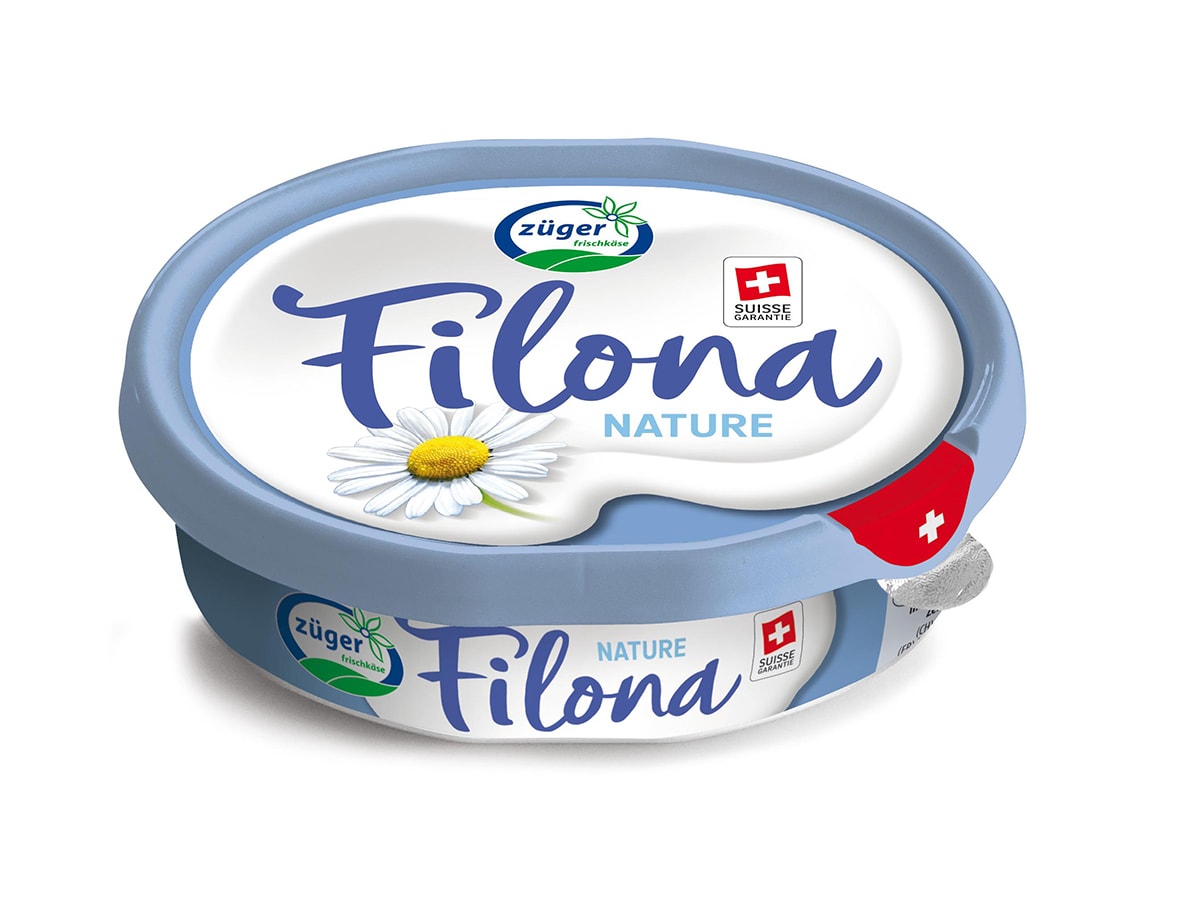 While mozzarella made from Swiss milk had largely established itself in recent years, fresh cheese still mainly comes from abroad. Together with Coop, Züger Frischkäse therefore launched the Filona product under its own brand "Qualité&Prix" in the fall of 2020. According to information, sales have developed well, but the big breakthrough has so far failed to materialize.
While mozzarella made from Swiss milk had largely established itself in recent years, fresh cheese still mainly comes from abroad. Together with Coop, Züger Frischkäse therefore launched the Filona product under its own brand "Qualité&Prix" in the fall of 2020. According to information, sales have developed well, but the big breakthrough has so far failed to materialize. Almost every third Swiss consumes at least one dietary supplement, and vitamin tablets in particular are very popular. The market volume is large and the market is competitive. So it's all the more important to appeal to consumers' emotional preferences and to be the emotional number one.
Almost every third Swiss consumes at least one dietary supplement, and vitamin tablets in particular are very popular. The market volume is large and the market is competitive. So it's all the more important to appeal to consumers' emotional preferences and to be the emotional number one.
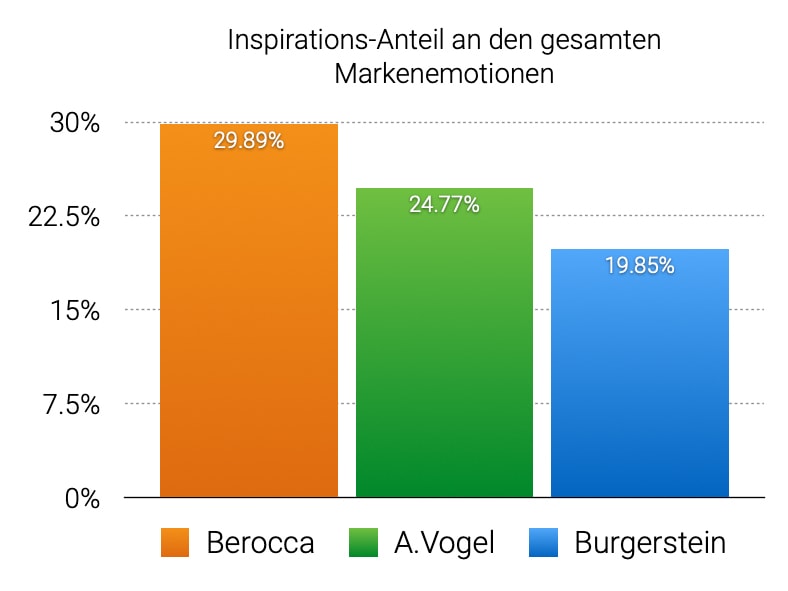



 Brand leadership - successful corporate management through the power of strong brands - is a recipe for success for excellent companies with a view to brand value and corporate value. But this success needs a vision, a clear strategy and, above all, consistency and perseverance in implementation. How can such a long-term approach be reconciled with often rather short-term sales or revenue targets? What is the relationship between long-term brand (further) development and sales targets?
Brand leadership - successful corporate management through the power of strong brands - is a recipe for success for excellent companies with a view to brand value and corporate value. But this success needs a vision, a clear strategy and, above all, consistency and perseverance in implementation. How can such a long-term approach be reconciled with often rather short-term sales or revenue targets? What is the relationship between long-term brand (further) development and sales targets? For almost 100 years, Ricola has been producing its herbal candies in Laufen and supplying them to over 45 countries. Now the company is taking another step in its history. On May 26, 2023, the first experience store in Switzerland dedicated to the sweets will open in Laufen.
For almost 100 years, Ricola has been producing its herbal candies in Laufen and supplying them to over 45 countries. Now the company is taking another step in its history. On May 26, 2023, the first experience store in Switzerland dedicated to the sweets will open in Laufen.

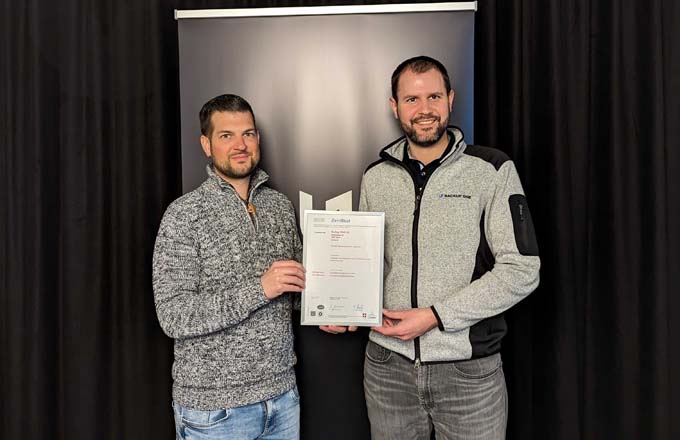
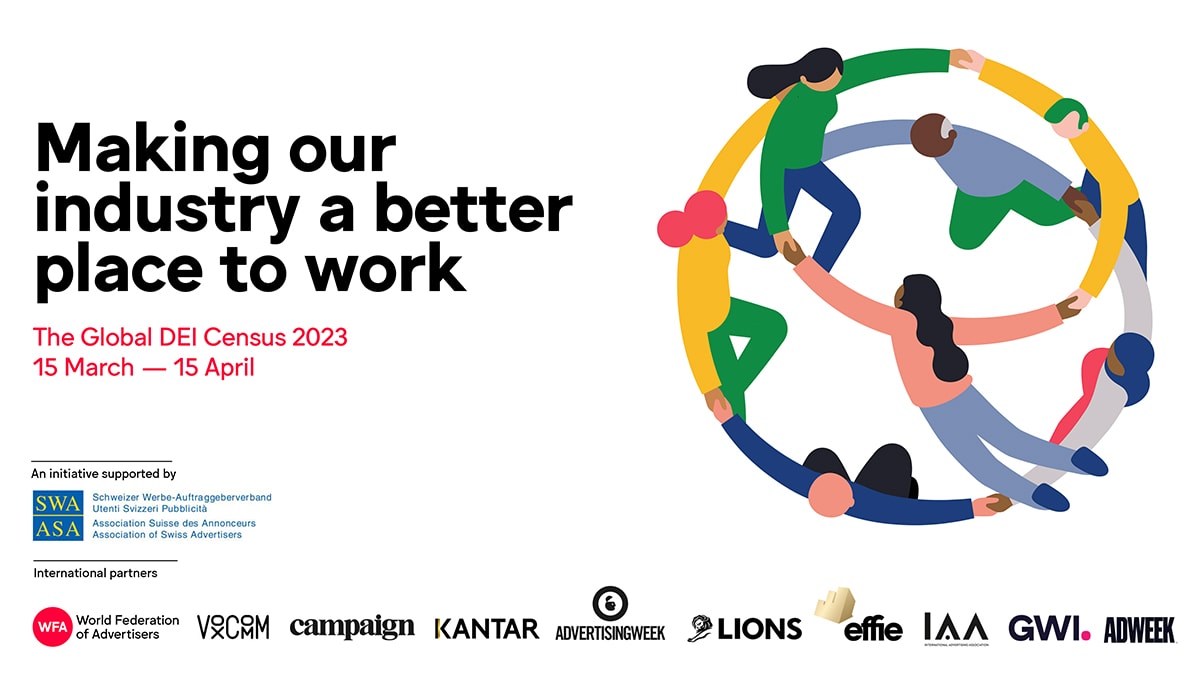
 The X Index is a proprietary research tool that identifies the most important factors of a customer experience and makes them measurable. For the global study, 54,000 people worldwide were surveyed to assess the CX performance of 500 well-known brands from the e-commerce, insurance, travel, hospitality, beauty, health, retail and specialty retail, banking, fashion, sports, finance, telecommunications, home, and leisure and entertainment sectors.
The X Index is a proprietary research tool that identifies the most important factors of a customer experience and makes them measurable. For the global study, 54,000 people worldwide were surveyed to assess the CX performance of 500 well-known brands from the e-commerce, insurance, travel, hospitality, beauty, health, retail and specialty retail, banking, fashion, sports, finance, telecommunications, home, and leisure and entertainment sectors.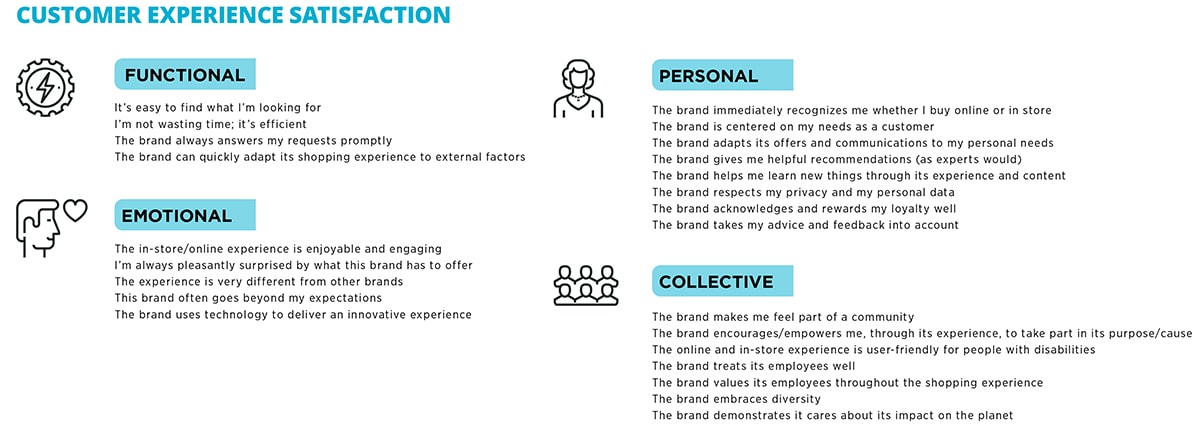


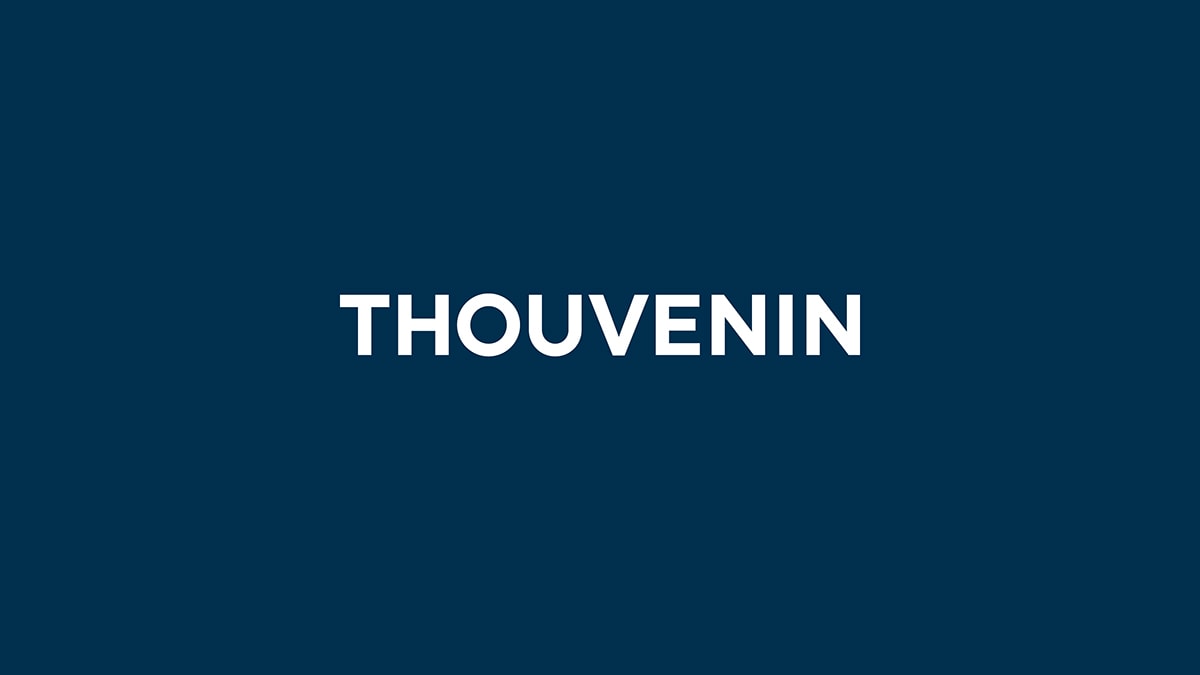 On the occasion of its 40th anniversary, Thouvenin is looking ahead: Scholtysik shortens the brand name from "Thouvenin Attorneys at Law" to Thouvenin and modernizes the design with active colors, stronger typeface and consistent reduction to the essentials. The aim of the refresh is to give the differentiating entrepreneurial approach of the commercial law firm a contemporary and forward-looking expression.
On the occasion of its 40th anniversary, Thouvenin is looking ahead: Scholtysik shortens the brand name from "Thouvenin Attorneys at Law" to Thouvenin and modernizes the design with active colors, stronger typeface and consistent reduction to the essentials. The aim of the refresh is to give the differentiating entrepreneurial approach of the commercial law firm a contemporary and forward-looking expression.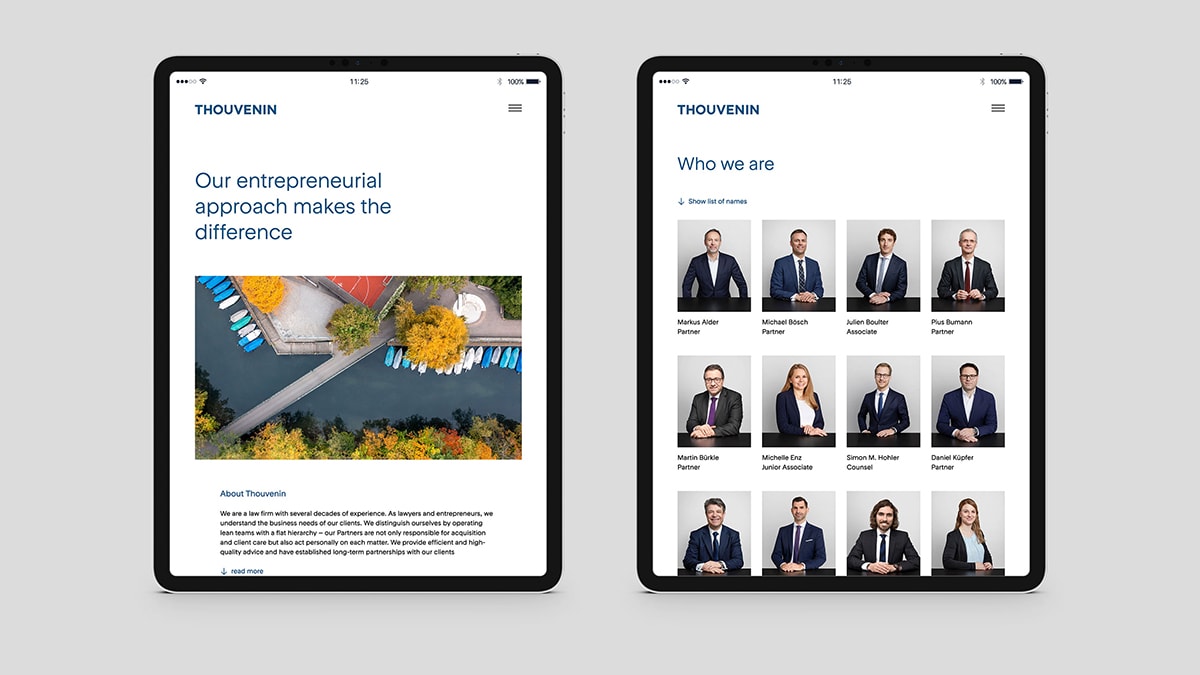
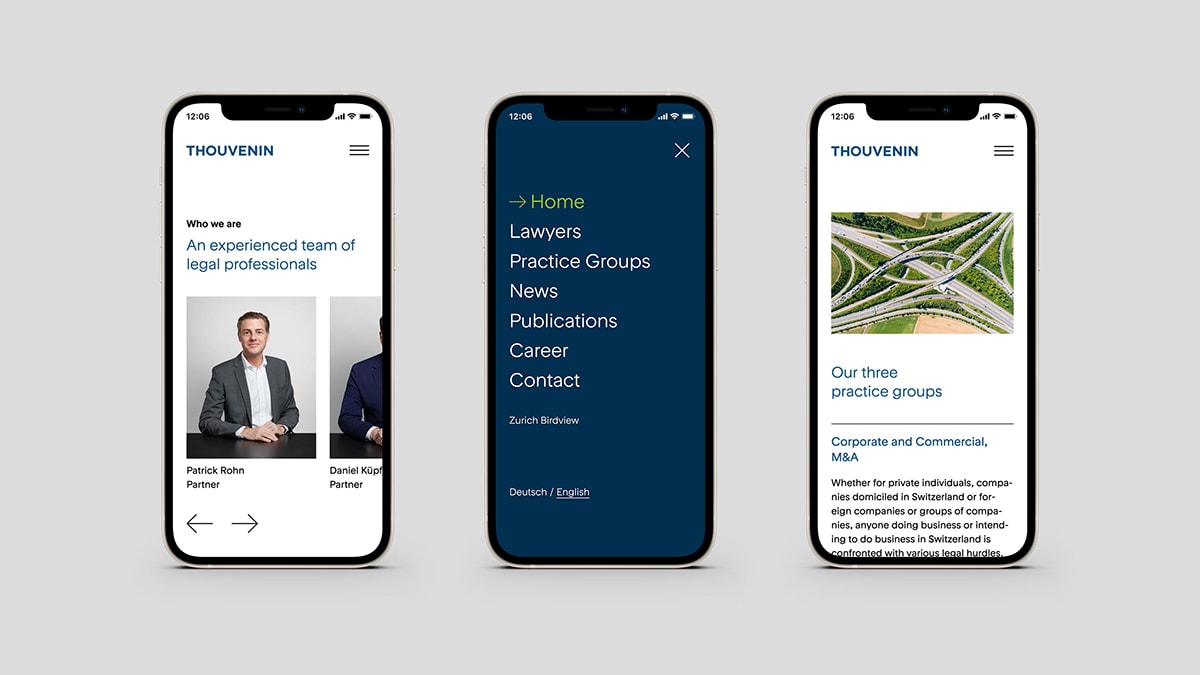
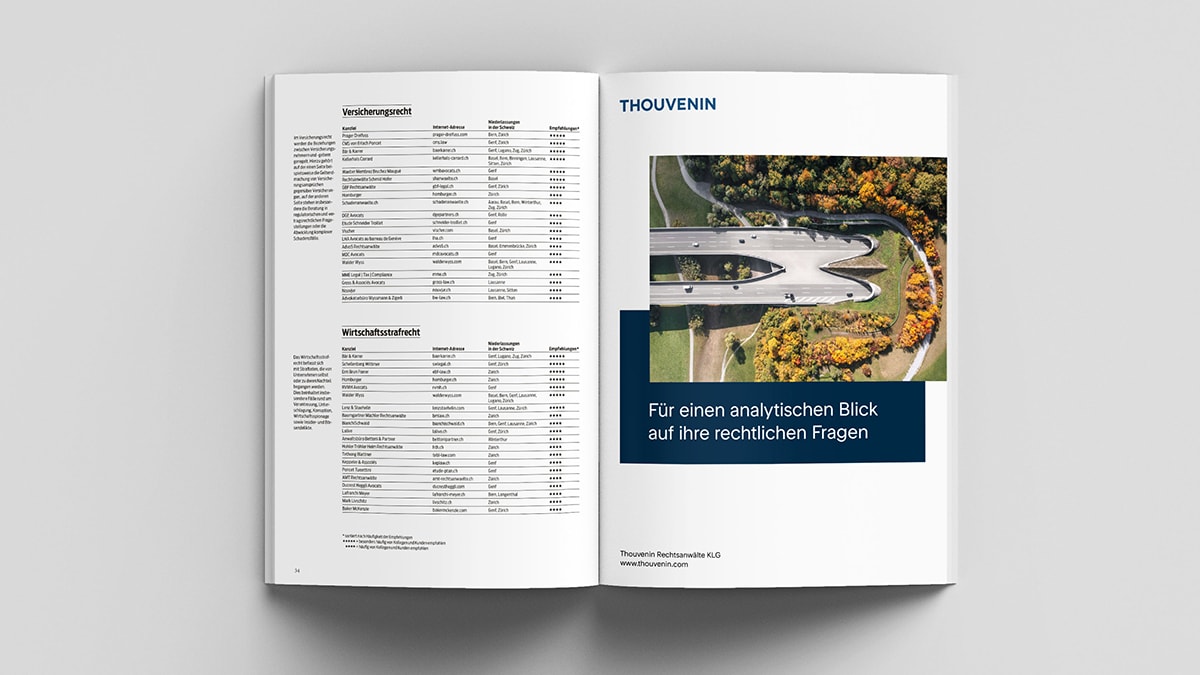





 "The Beast": that's what surfers reverently call the over 30-meter-high waves in Nazaré, Portugal. Only the best and bravest surfers venture into the water there. But those who don't count themselves among this small group of extreme athletes can now still experience what it feels like - quite safely and without getting wet.
"The Beast": that's what surfers reverently call the over 30-meter-high waves in Nazaré, Portugal. Only the best and bravest surfers venture into the water there. But those who don't count themselves among this small group of extreme athletes can now still experience what it feels like - quite safely and without getting wet.
